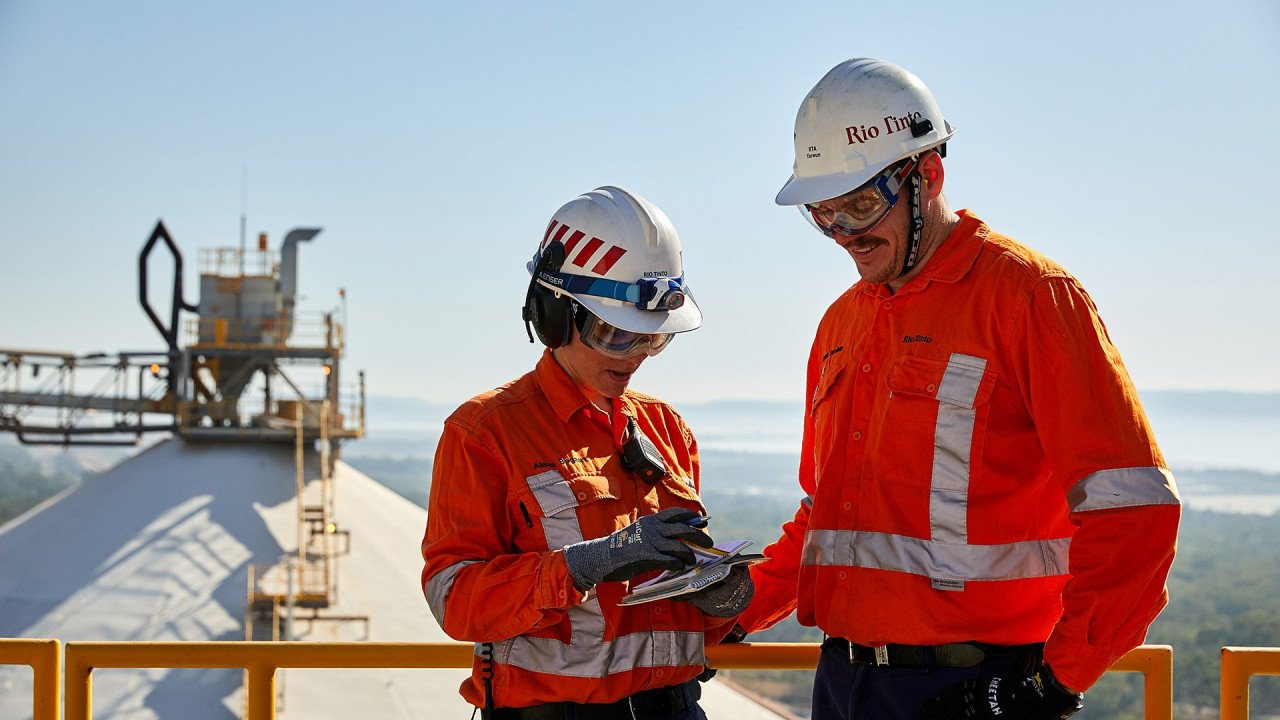Mining behemoth Rio Tinto and Japan's Sumitomo Corporation have announced a A$111 million demonstration project to lower carbon emissions from alumina refining.
The companies will build a 2.5MW on-site electrolyser to supply hydrogen to the Yarwun refinery in Gladstone, Australia, and retrofit one of Yarwun's four calciners so that it can operate at times with a hydrogen burner. The trial is expected to produce the equivalent of about 6,000 tonnes of alumina per year while reducing carbon dioxide emissions by about 3,000 tonnes per year.
Sumitomo Corporation will own and operate the electrolyser at Yarwun site and supply the hydrogen to Rio Tinto directly. The electrolyser will have a production capacity of more than 250 tonnes of hydrogen annually.
Converting the entire plant to green hydrogen could reduce emissions by 500,000 tonnes per year, the equivalent of taking about 109,000 internal combustion engine cars off the road, Rio Tinto said in a statement, adding that construction will start next year, and conclude by 2025.
The project, Yarwun Hydrogen Calcination Pilot Demonstration Program, has received A$32.1 million in co-funding from Australian Renewable Energy Agency (ARENA), a government body.
Armando Torres, Managing Director of Rio Tinto's Aluminium Pacific Operations said, "This pilot plant is an important step in testing whether hydrogen can replace natural gas in Queensland alumina refineries … and one of the ways we're working towards decarbonising our operations."
Rio Tinto has announced it will achieve net zero emissions by 2050 and aims to reduce Scope 1 & 2 emissions by 50 percent by 2030 from a 2018 baseline. The Clean Energy Regulator, an Australian government authority that promotes decarbonization, says the miner is Australia's 10th biggest emissions emitter at 7.4 million metric tons of direct and indirect emissions.
Seiji Kitajima, Energy Innovation Initiative Director at Sumitomo Corporation, said "Demonstrating real-world applications of hydrogen in industrial settings is essential to reducing carbon emissions and working toward our company's vision of achieving carbon neutrality by 2050."

Aker signs power deal for green ammonia plant in Norway
Read More

